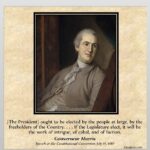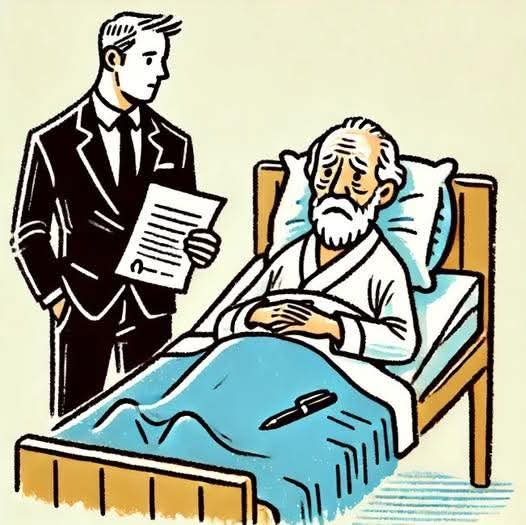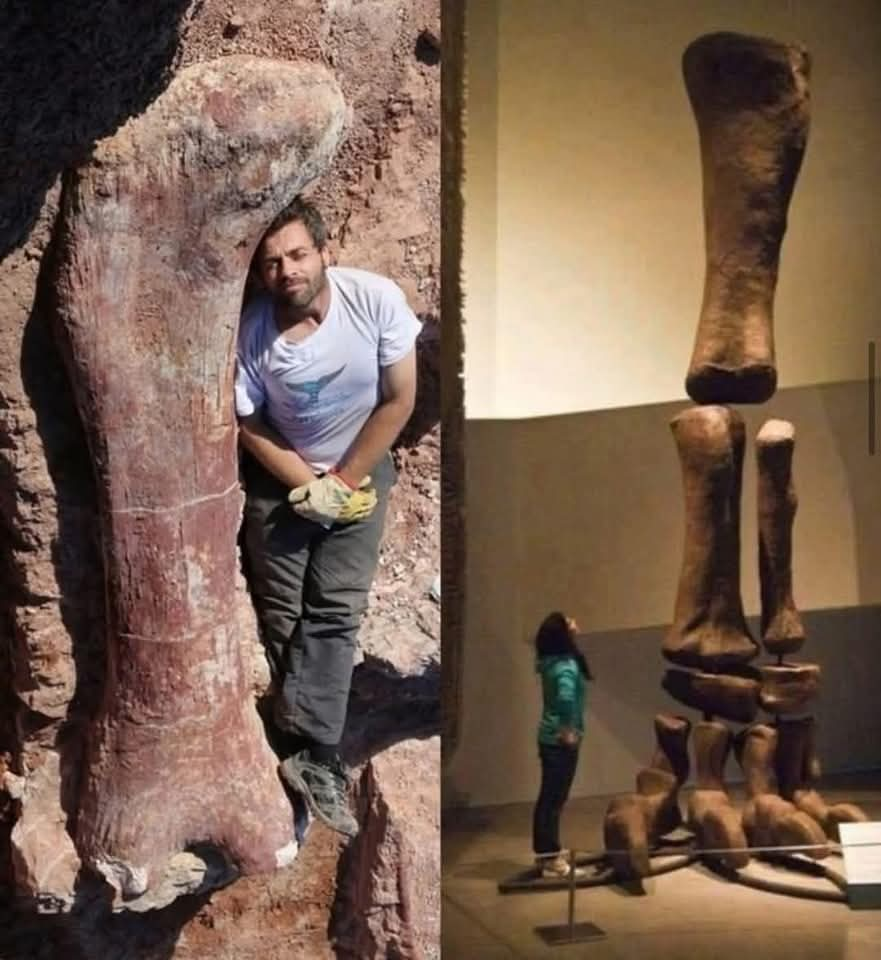
Morris was well-educated, witty, blunt, and articulate. He was a soldier, a statesman, a member of the Continental Congress, and a delegate to the Constitutional Convention. (He was a delegate from Pennsylvania, where he then lived, despite being from New York.)
He gave more speeches than any other member of the Constitutional Convention. According to the National Archives, he made 173 speeches on the Convention floor. When the Convention was coming to a close, he was appointed to a Committee of Style that translated the Convention’s conclusions into the Constitution itself. It was at this point that Morris drafted that document’s Preamble.
Morris came from a wealthy family and is sometimes charged with being an aristocrat. A few statements that he made in his ever-blunt style did not help him. For instance, at the Convention he stated: “Give the votes to people who have no property, and they will sell them to the rich who will be able to buy them.” He also argued against the concept of a pure democracy, noting that “Every man of observation had seen in the democratic branches of the State Legislatures, precipitation—in Congress changeableness, in every department excesses [against] personal liberty private property & personal safety.”
But charges of aristocracy misunderstand Morris—and, really, much of the founding generation. The Founders wanted to be self-governing, but they also wanted their new government to contain checks against the dangers of mob rule. They knew that, historically, pure democracies tend to implode because bare majorities can too easily impose their will on others, even when they do so based on a whim or in the heat of an emotional moment.
William Howard Adams, one of Morris’s biographers, offers additional color on Morris’s views. Adams describes Morris as a man who “foresaw the difficulty of establishing and maintaining an effective authority over any large and volatile territory like America . . . . Political tyranny came under many guises, slogans, and labels not limited to the tyranny of kings but could lurk even in democratic republics and the majority will. Without a carefully crafted constitutional framework, the alternative would be a raw, out-of-control power orchestrated by devious politicians ready to destroy all human rights in the name of liberty.”
And Morris was definitely a believer in freedom, as evidenced by his arguments against slavery while at the Convention. He described it as a “nefarious institution” and a “curse of heaven on the States where it prevailed.”
A fun fact about Morris? He was very tall, like George Washington. As a result, he was able to stand in for the President when Jean-Antoine Houdon was making his famous sculpture.
If you enjoy these history posts, please see my note below. 🙂
Gentle reminder: History posts are copyright © 2013-2025 by Tara Ross. I appreciate it when you use the shar e feature instead of cutting/pasting.










Leave a Reply